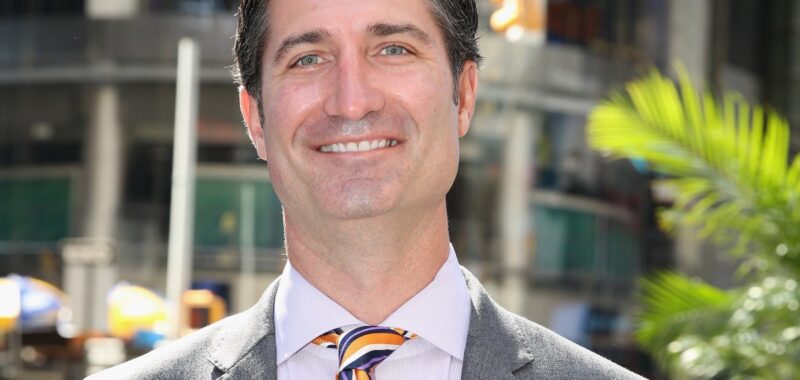
Starbucks isn’t lukewarm on a return to the office, at least when it comes to its workers. As always, CEOs tend to be privy to a different lifestyle. A company memo seen by Bloomberg indicated as much, as Starbucks outlined a “standardized process” to ensure employees are heading to hybrid guidelines. Otherwise, corporate employees might risk getting fired.
The coffee corporation is set to start said process in January. The ramifications of not following the hybrid policy are “up to, and including, separation,” Bloomberg said of the email.
“The expectations for our hybrid partners has not changed,” a Starbucks spokesperson wrote to Fortune. “We are continuing to support our leaders as they hold their teams accountable to our existing hybrid work policy. We’ve made updates to our workspaces to make sure they work for the teams who use them.”
Early last January, Starbucks announced that support-staff employees would have to work in-person at least three days a week. That was an increase from previous expectations to be in the office once a week. In March, some corporate employees signed a petition that called out the RTO mandate as well as the company’s handling of the union negotiations.
Starbuck’s newly minted executive, CEO Brian Niccol, has a different set of guidelines. His arrangement made some waves, as it was announced that Niccol was allowed to live in California and commute to the headquarters in Seattle. And the company is willing to roll out the red carpet, as Niccol was allowed to use a corporate jet when heading in.
Even so, Niccol praised the value of working in person. He celebrated the “power in having everybody together” when first addressing staff, according to Bloomberg. Not truly bringing down the iron hammer yet, Niccol said “this is not a game of tracking. This is a game of winning.”
Starbucks added that Niccol will also be where he needs to be to ensure success—that includes stores, the headquarters, and other locations.
Abstaining from telling employees when to come in the office, he added that his “point of view is we should be together as much as possible. You need to figure out where you need to be to get your job done, then do that,” he concluded. “We’re all adults here.”

